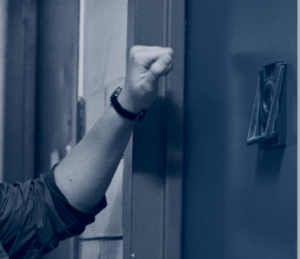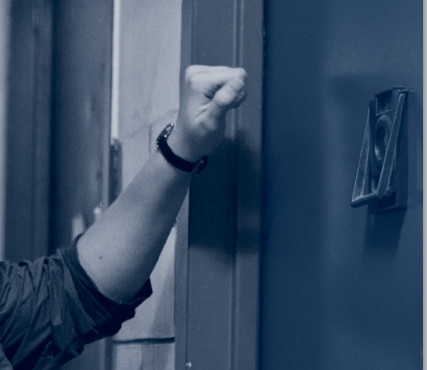 Many analysts and policymakers say that the practice of trying juveniles as adults is costly, but the Center for New York City Affairs at the New School recently came up with an actual price tag; according to a report published in the latest issue of “Child Welfare Watch,” the long-lasting economic effects of trying just 800 to 1,000 New York teens as adults may result in as much as $60 million in cumulative lost income.
Many analysts and policymakers say that the practice of trying juveniles as adults is costly, but the Center for New York City Affairs at the New School recently came up with an actual price tag; according to a report published in the latest issue of “Child Welfare Watch,” the long-lasting economic effects of trying just 800 to 1,000 New York teens as adults may result in as much as $60 million in cumulative lost income.
New York, alongside North Carolina, is one of only two states in the nation where the age of criminal responsibility is lower than 18. Analysts say that New York’s policy, which is applicable to nonviolent offenders, reduces each convicted teen’s lifetime earnings by more than $60,000 - in total, estimating the state will lose a minimum of $50 million in income. Not only do criminal records have massive detrimental effects for young people tried as adults, but the analysts say that doing so also costs the government “untold millions” in lost tax revenue.
Analysts note that two legislative efforts to alter that state’s criminal procedures have recently been submitted to the New York Assembly and Senate. Both Senate Bill 7384, backed by Stephen Saland (R-Poughkeepsie) and Assembly Bill 10257, sponsored by Brooklyn Democrat Joseph Lentol, would allow local jurisdictions to “adjust” cases for 16- and 17-year-olds that are charged with nonviolent crimes, so that in some instances, older teens would be placed in alternative programs or community service in lieu of facing a criminal court.
In 2010, more than 2,000 16- and 17-year-olds ended up with criminal records following felony or misdemeanor dispositions in New York’s adult courts. Of those, analysts state that 1,226 cases involved nonviolent offenses.
The analysts conclude the report by stating that the actual total costs of trying teens as adults in New York may be much higher than initially estimated.
“The wage estimate is based on national data, not state-specific or city-specific numbers,” the report concludes. “As a result, it is entirely possible that we are vastly underestimating the lifetime wages that may be lost as a result of current policy.”
Photo from Child Welfare Watch.
